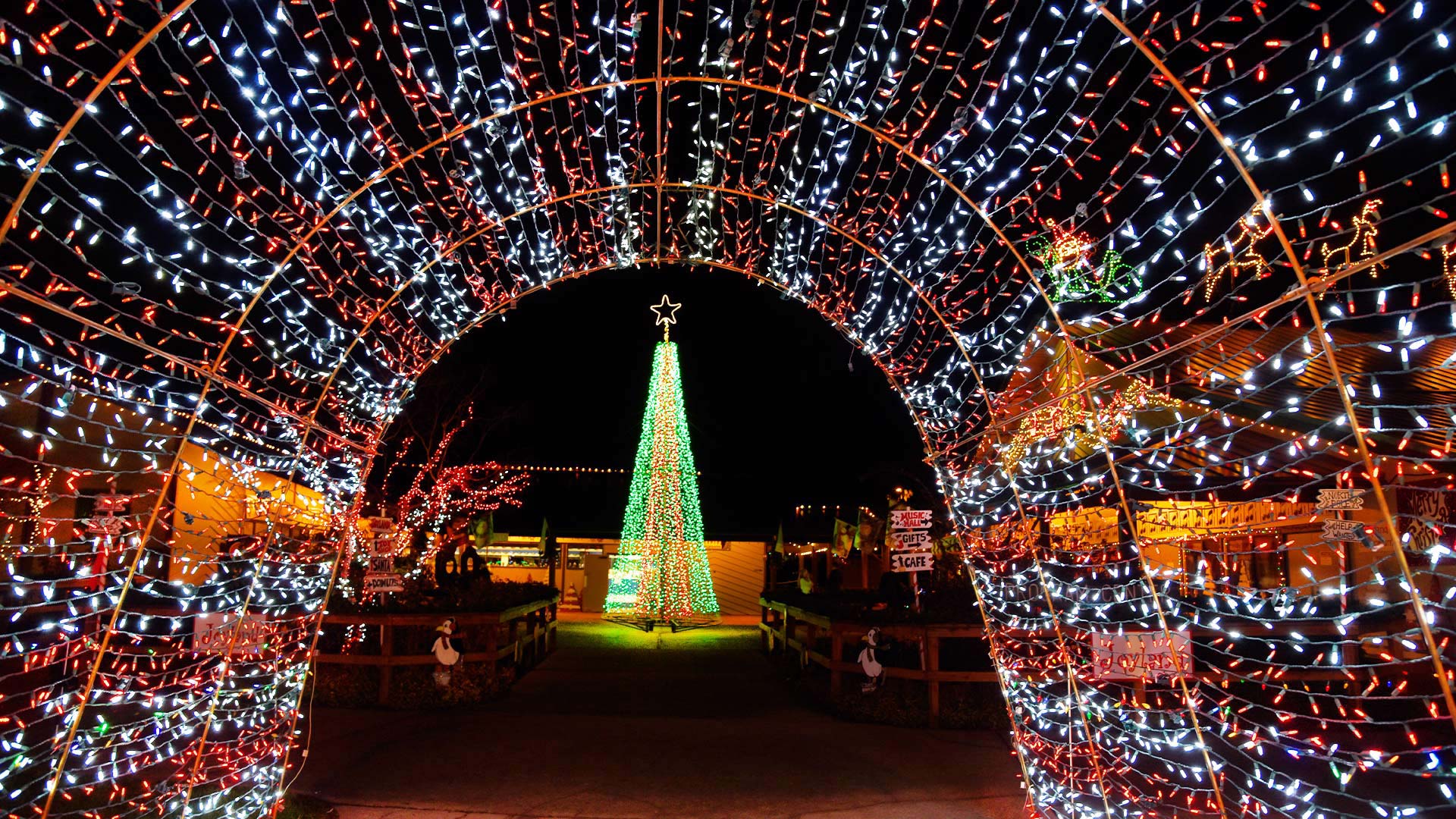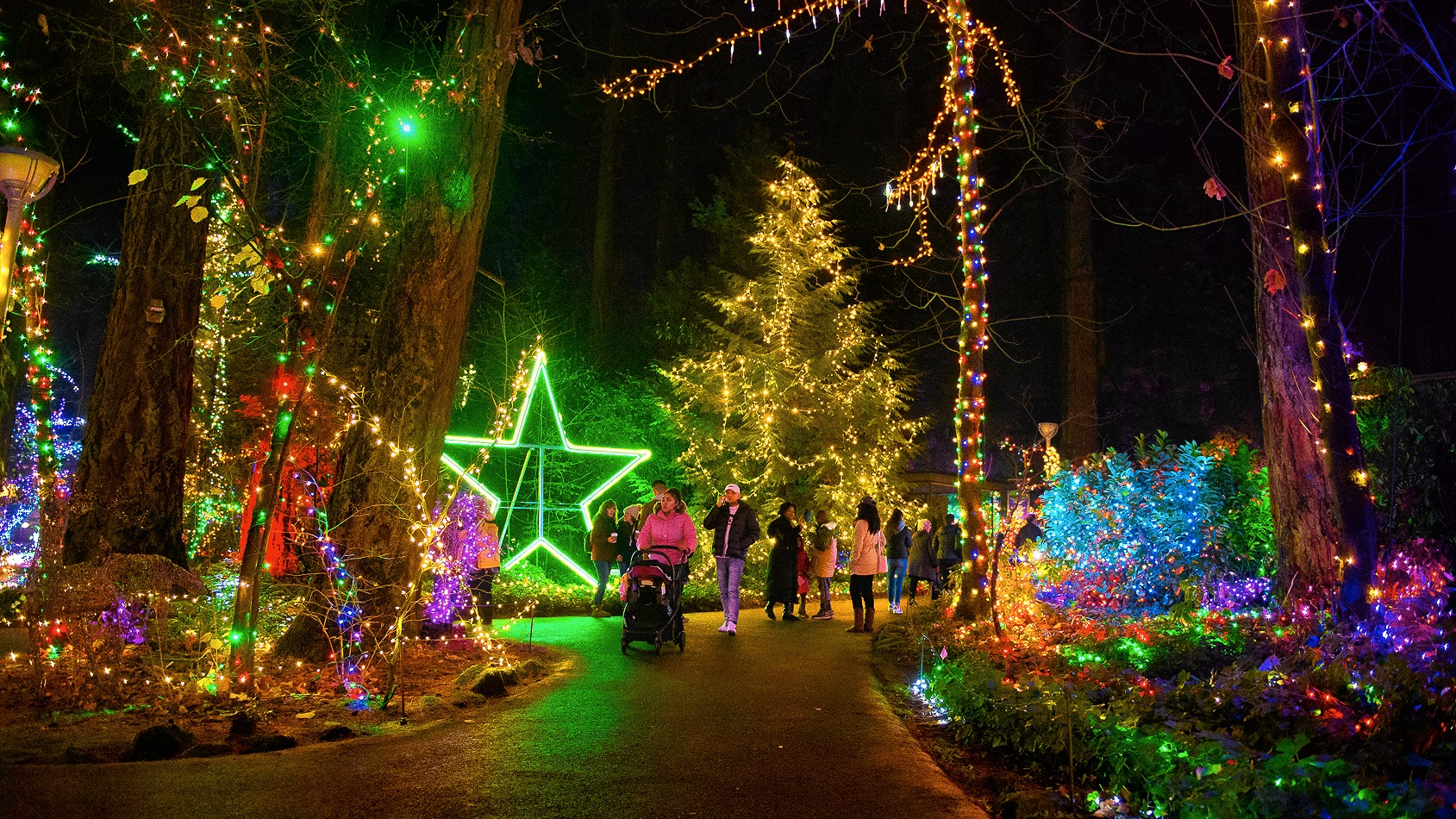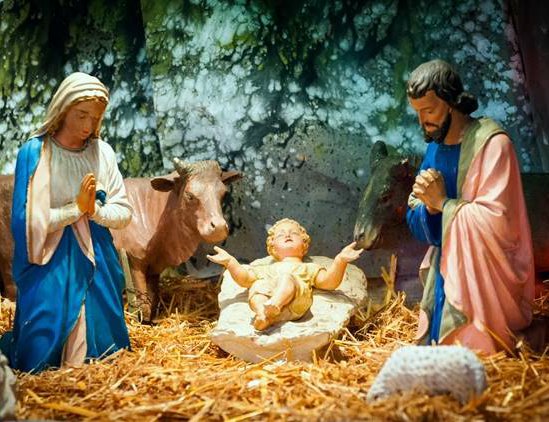The Christmas Festival: A Global Celebration Of Light And Hope
The Christmas Festival: A Global Celebration of Light and Hope
Related Articles: The Christmas Festival: A Global Celebration of Light and Hope
Introduction
With enthusiasm, let’s navigate through the intriguing topic related to The Christmas Festival: A Global Celebration of Light and Hope. Let’s weave interesting information and offer fresh perspectives to the readers.
Table of Content
The Christmas Festival: A Global Celebration of Light and Hope

Christmas, celebrated annually on December 25th, is a global festival steeped in history, tradition, and cultural significance. It marks the birth of Jesus Christ, a pivotal figure in Christianity, and has evolved into a secular holiday enjoyed by people of diverse backgrounds. This article explores the multifaceted nature of Christmas, examining its origins, traditions, and enduring impact on society.
Origins and Evolution:
The origins of Christmas can be traced back to the 4th century AD, when the Roman Emperor Constantine legalized Christianity. While the exact date of Jesus’ birth is unknown, December 25th was chosen as a date to coincide with the Roman festival of Saturnalia, a pagan celebration of winter solstice.
Over the centuries, Christmas traditions developed and spread across Europe. The celebration of Christmas as a religious holiday was solidified in the 16th century, with the Reformation emphasizing the importance of celebrating Christ’s birth.
The 19th century witnessed a significant shift in Christmas celebrations, marked by the rise of secular traditions like the Christmas tree, Santa Claus, and gift-giving. These traditions, popularized through literature and media, became increasingly prevalent, transforming Christmas into a family-oriented holiday enjoyed by people of all faiths.
Religious Significance:
For Christians, Christmas is a time of deep spiritual reflection and celebration. It commemorates the birth of Jesus Christ, believed to be the son of God and the savior of humanity. The holiday is observed through church services, hymns, and readings from the Bible, focusing on the themes of hope, peace, and redemption.
The nativity scene, depicting the birth of Jesus in a stable, is a central symbol of Christmas, representing the humble beginnings of the divine. The star of Bethlehem, guiding the wise men to the birthplace of Jesus, symbolizes the guiding light of faith and the promise of salvation.
Cultural Traditions:
Christmas has evolved into a global phenomenon, with diverse cultural traditions shaping its celebration around the world.
Western Traditions:
- Christmas Trees: The decorated Christmas tree, originating in Germany, has become a ubiquitous symbol of the holiday. It represents the Tree of Life and symbolizes hope and new beginnings.
- Santa Claus: The jolly figure of Santa Claus, based on the historical figure of Saint Nicholas, embodies the spirit of generosity and giving. He is believed to deliver gifts to children on Christmas Eve.
- Carols: Christmas carols, traditional songs celebrating the birth of Jesus, are sung in homes, churches, and public spaces.
- Gift-Giving: The tradition of exchanging gifts during Christmas symbolizes love, appreciation, and the joy of giving.
- Christmas Dinner: A festive meal, often featuring roasted turkey or ham, is a central part of Christmas celebrations, bringing families and friends together.
Eastern Traditions:
- Christmas Eve Celebrations: In Eastern Orthodox countries, Christmas Eve is celebrated with a special feast, known as "Solstice," featuring traditional dishes and prayers.
- Twelve Days of Christmas: The period from Christmas Day to Epiphany (January 6th) is celebrated as the "Twelve Days of Christmas," with each day holding a specific significance.
- St. Basil’s Day: In some Eastern Orthodox countries, January 1st is celebrated as St. Basil’s Day, marking the start of the new year.
Secular Significance:
Beyond its religious roots, Christmas has become a widely celebrated secular holiday. It represents a time for family gatherings, festive celebrations, and the exchange of gifts. The holiday fosters a spirit of goodwill, generosity, and community, promoting a sense of unity and togetherness.
Economic Impact:
Christmas is a major economic driver globally, generating significant revenue for businesses across various sectors. From retail sales to travel and tourism, the holiday season sees a surge in consumer spending, contributing to economic growth.
Social Impact:
Christmas has a profound impact on society, fostering a sense of community and social cohesion. The holiday encourages acts of kindness, charity, and volunteerism, promoting a spirit of giving back to those in need.
FAQs about Christmas:
- When is Christmas celebrated? Christmas is celebrated annually on December 25th.
- What is the origin of Christmas? Christmas commemorates the birth of Jesus Christ. The date was chosen to coincide with the Roman festival of Saturnalia, celebrating the winter solstice.
- What are some common Christmas traditions? Common Christmas traditions include decorating Christmas trees, exchanging gifts, singing carols, and enjoying festive meals with family and friends.
- What is the significance of Santa Claus? Santa Claus, based on the figure of Saint Nicholas, embodies the spirit of generosity and giving, delivering gifts to children on Christmas Eve.
- Is Christmas a religious holiday? While Christmas originated as a religious holiday celebrating the birth of Jesus Christ, it has evolved into a secular holiday enjoyed by people of all faiths.
- What is the difference between Christmas and Hanukkah? Christmas is a Christian holiday celebrating the birth of Jesus Christ, while Hanukkah is a Jewish holiday commemorating the rededication of the Second Temple in Jerusalem.
Tips for Celebrating Christmas:
- Plan ahead: Plan your Christmas celebrations in advance, including gift-giving, holiday meals, and travel arrangements.
- Set a budget: Establish a budget for your Christmas expenses to avoid overspending.
- Focus on quality time: Prioritize spending quality time with loved ones over material possessions.
- Give meaningful gifts: Choose gifts that are personal and thoughtful, reflecting the recipient’s interests and needs.
- Be mindful of others: Consider the needs of those less fortunate and find ways to give back to the community.
Conclusion:
Christmas, a global celebration rooted in religious and secular traditions, embodies a spirit of hope, goodwill, and togetherness. The holiday brings families and communities together, fostering a sense of unity and shared joy. While the origins of Christmas lie in the birth of Jesus Christ, its enduring appeal transcends religious boundaries, offering a time for reflection, celebration, and the appreciation of human connection. As we navigate the complexities of the modern world, Christmas serves as a reminder of the enduring power of hope, love, and the shared human experience.







Closure
Thus, we hope this article has provided valuable insights into The Christmas Festival: A Global Celebration of Light and Hope. We appreciate your attention to our article. See you in our next article!